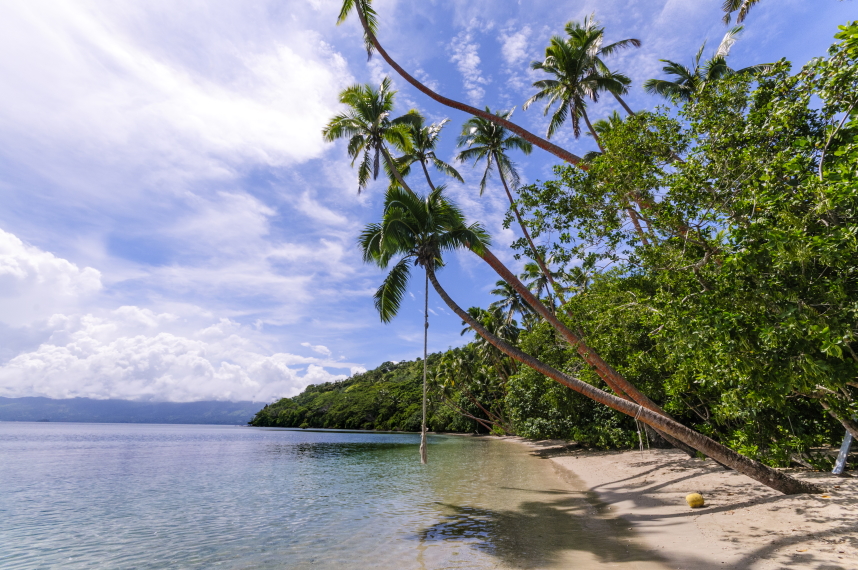Norway renews commitment to World Heritage Leadership
Norway’s Ministry of Climate and Environment has renewed its support for World Heritage Leadership, a capacity-building programme jointly run by the International Union for Conservation of Nature (IUCN) and the International Centre for the Study of the Preservation and Restoration of Cultural Property (ICCROM), in collaboration with UNESCO and the International Council on Monuments and Sites (ICOMOS). The signing of this new phase of collaboration took place yesterday in Bergen, Norway at a high-level forum marking the 50th anniversary of the 1972 World Heritage Convention.
Initiated in 2016, the World Heritage Leadership Programme aims to improve heritage practices in the culture and nature sectors. It provides guidance and tools to conserve World Heritage effectively and fosters networks for peer learning.
World Heritage Leadership empowers heritage practitioners across the globe with the tools and capacity to deliver excellence in the management of the planet’s most iconic places,” said Grethel Aguilar, IUCN Deputy Director General. “IUCN is proud to collaborate with ICCROM, and our many partners, on such a valuable initiative for the World Heritage community. We thank sincerely Norway for their continued engagement and support for this vital work.”
In its first phase running up to 2022, the programme successfully completed new and updated resources seen as essential for the effective management of World Heritage sites. These include the recently launched Guidance and Toolkit for Impact Assessment in a World Heritage context. The programme also held numerous courses in different regions and on various topics, such as nature-culture linkages, disaster risk reduction, and community engagement.
In its second phase, the World Heritage Leadership Programme will focus on strengthening regional networks, working with various actors and institutions from the local to global levels. One of its main aims will be to multiply capacity-building opportunities for heritage practitioners and improve access by delivering them in diverse languages and contexts.
Managing World Heritage in the 21st century is a complex task and we need to build our own capacities to do our jobs better,” said ICCROM Director-General Webber Ndoro. “The best way to do that is to learn from each other and support each other, tapping into a global family working together to protect and conserve World Heritage. We extend our deep gratitude to Norway for recognizing the pressing need to continue developing present and future generations’ capacity to care for our precious World Heritage.”
World Heritage sites are internationally recognised as places so valuable to humanity that they must be protected from one generation to the next. They include iconic sites such as the Great Barrier Reef, Machu Picchu, or the West Norwegian Fjords. Despite their high profile, they face increasing pressure from various threats such as natural disasters, conflict and unsustainable development. Climate change is the top threat to the 252 natural World Heritage sites listed up to 2020, according to the IUCN World Heritage Outlook.
Norway’s continued support for World Heritage Leadership recognises that practitioners involved in the conservation of these exceptional sites have a crucial role to play in ensuring their effective management. Its commitment to the second phase of the programme extends to strengthening the capacity of heritage professionals of the next generation.
“World Heritage properties are global common goods. Norway attaches particular importance to the capacity-building work to ensure that all countries are enabled to preserving and benefitting from their own cultural and natural heritage,” said Aleksander Øren Heen, State Secretary at the Norwegian Ministry of Climate and Environment. “Good, long-term management of a nation’s cultural and natural heritage is essential for sustainable development.”
The new phase of commitment was announced at the World Heritage Leadership Forum on 21 September 2022. High-level delegates at the event reflected on how capacity building has contributed to the first 50 years of implementation of the World Heritage Convention, and how to strengthen it in the future.

